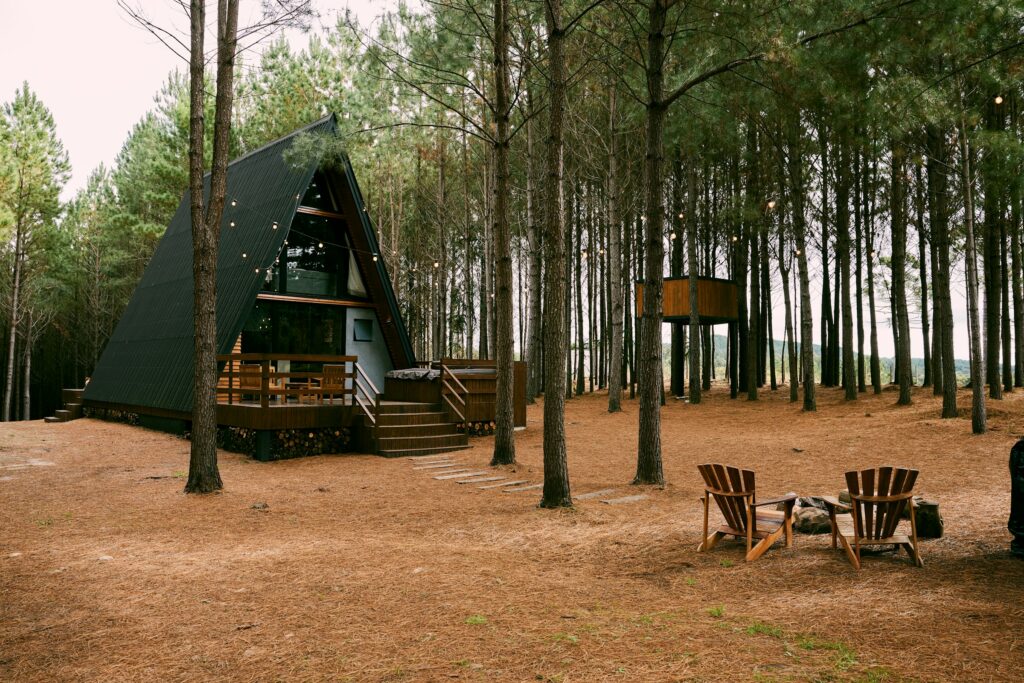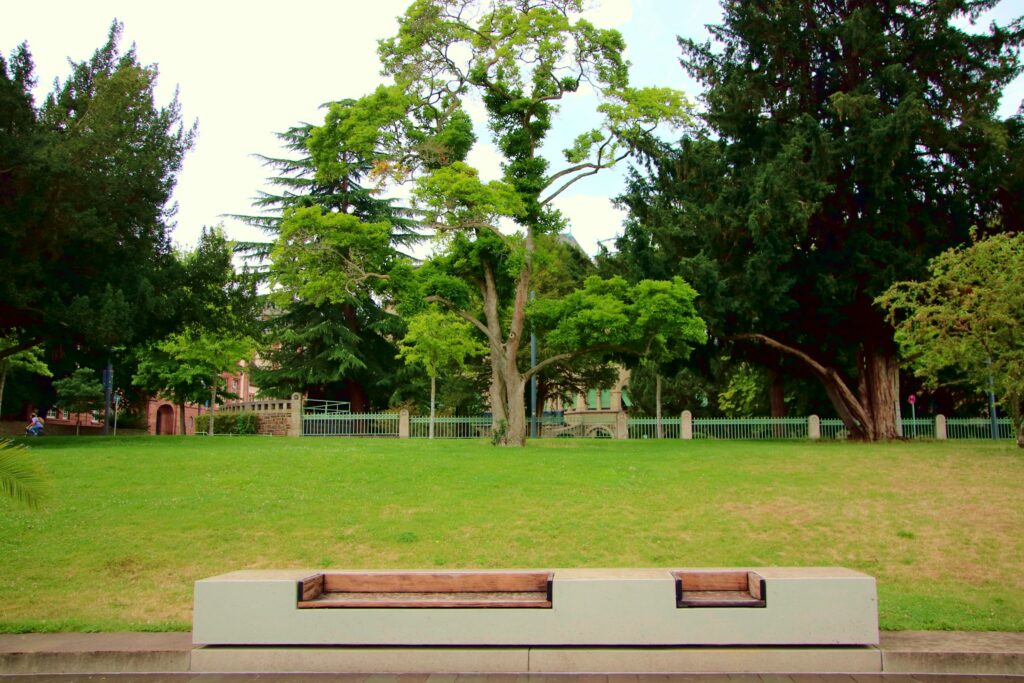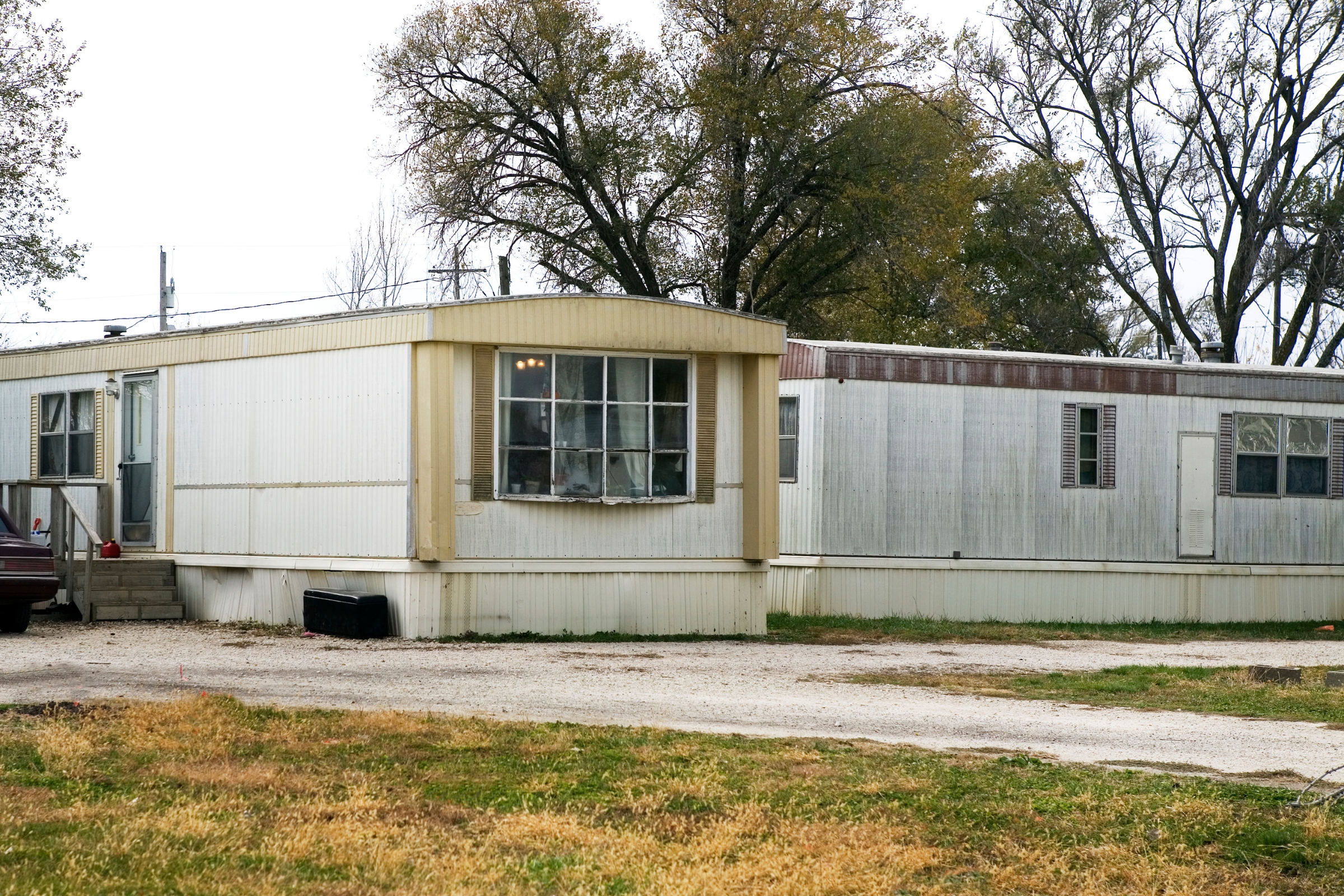One of the frequently asked questions about the park ranger profession is whether housing is provided as part of the job benefits. The answer varies by location and agency; however, in some cases, park housing is indeed offered, especially in remote or isolated parks like Denali National Park, to ensure personnel are on-site for both environmental protection and visitor safety. For example, law enforcement rangers, who play a critical role in maintaining the safety of parks, may be provided housing to enable rapid response to incidents within the park.
Agencies like Florida State Parks often have partnerships with organizations like the Student Conservation Association, which can offer housing for interns and volunteers to support their work in conserving and educating the public about these natural treasures. While not every park ranger will receive free housing, many will find that housing provided by the park can be a substantial perk, considering the average salary for the role.
For those interested in the profession, the first step is typically to fill out an online application through the respective park’s or agency’s employment portal. Housing availability and other benefits will be outlined during the hiring process, and candidates are encouraged to inquire directly about accommodation specifics.
Exploring the Role of a Park Ranger
Park rangers are the stewards of our national parks, serving in various capacities to protect these precious resources. They ensure that visitors can safely enjoy the natural beauty and historical significance of these areas. As part of their role, rangers may reside within the park itself, with park housing provided to support their ability to perform their duties effectively, especially in larger or more remote parks where commuting is impractical.
The provision of park housing helps rangers to be fully immersed in the park environment, allowing them to deliver better service to visitors and to respond more quickly to on-site needs. This close proximity to their workplace is a unique aspect of a park ranger’s job that underscores the commitment required to manage and preserve these national treasures.
The Multifaceted Job Description of Park Rangers
Being a park ranger involves a spectrum of responsibilities that go beyond what one might expect. From providing visitor service that encompasses educational programs and tours, to maintaining trails and facilities, rangers are the backbone of public service in parks. In places like Washington State Parks and Recreation Commission, rangers tackle diverse tasks including fighting invasive plants, ensuring customer service excellence, and protecting the natural environment.
As representatives of the United States government in the parks, rangers also collaborate with local communities and park partners to promote conservation and recreation. Tuition reimbursement and other professional development opportunities are often available to rangers looking to expand their knowledge and skills, further enhancing their ability to serve the public and the parks they protect.
Required Skills and Training for a Career as a Park Ranger
A park ranger’s toolkit is comprised of both hard and soft skills, developed through rigorous training and on-the-job experience. Candidates with a passion for nature and a dedication to public service will find themselves well-suited to the role. The training process for park rangers varies by agency and position but typically includes a mix of formal education, field training, and specialized instruction in areas such as ecological conservation, public safety, and environmental law.
Aspiring rangers should possess strong communication abilities, a knack for problem-solving, and the physical fitness required for patrolling park grounds. With these skills, a park ranger is equipped to handle the complexities of the job, from educating visitors about the natural world to enforcing park regulations that protect wildlife and ecosystems.

Accommodations for Park Rangers
For many park rangers, the question of where they will lay their heads after a long day of work is resolved by the provision of accommodations by the park service. These living quarters, often located within the park boundaries, enable rangers to live and work in some of the most beautiful places on Earth. The arrangement benefits both the park, which has on-site personnel for emergencies, and the ranger, who enjoys reduced living expenses and a unique lifestyle.
However, accommodations can vary significantly, from rustic cabins to more modern housing units, depending on the park’s resources and location. Some rangers might find themselves in historic homes that reflect the character of the park, while others might live in more utilitarian structures designed for efficiency and durability in remote settings.
The Perks of Park Ranger Accommodations: Is Housing Included?
Housing can be a significant perks of being a park ranger. While not guaranteed, housing is often included in the compensation package, particularly in those parks where the presence of staff is essential for operational needs. The offering of housing serves as a benefit that enables rangers to be deeply connected to their work environment, fostering a sense of community and belonging within the park.
Moreover, the convenience of living on-site can enhance a ranger’s ability to engage in early morning or late evening programs, respond to emergencies swiftly, and immerse themselves fully in the park experience. This unique aspect of park ranger accommodations is a draw for many who seek a lifestyle closely intertwined with nature and conservation efforts.
Balancing Life and Work in Remote Locations
For park rangers stationed in remote locations, the boundary between work life and personal life can often blur. Living on-site means that rangers are never far from their responsibilities, and their homes are frequently within the same landscapes they protect. This closeness allows for a greater understanding and appreciation of the park’s ecosystem but also requires a certain degree of adaptability and resilience to thrive in isolation from urban comforts.
Rangers learn to balance their duties with the need for personal downtime, often enjoying the recreational activities they promote to visitors during their off-hours. The remote living situation offers a unique opportunity to disconnect from the hustle of city life and to connect more deeply with the natural environment, which for many rangers, is a reward in itself.
The Hiring Journey for Aspiring Park Rangers
Embarking on the path to becoming a park ranger is an exciting journey that begins with the desire to serve the public and protect natural resources. Aspiring rangers must navigate a competitive hiring process that includes meeting educational requirements, gaining relevant experience, and demonstrating a commitment to conservation and public service. The journey is often long but rewarding for those passionate about this career.
Prospective rangers should prepare for a multi-stage hiring process that may involve written exams, physical fitness tests, and interviews. Networking with current rangers, volunteering, and participating in internships can all enhance a candidate’s prospects, showing a proactive approach to gaining the skills and knowledge necessary for the role.
Navigating the National Park Service’s Hiring Process
The National Park Service’s hiring process is structured to identify candidates who are not only qualified but also deeply committed to the mission of national parks. It begins with an online application, where applicants provide detailed information about their education and experience. The process continues with a thorough review of these applications, followed by interviews and practical assessments for selected candidates.
During the hiring process, discussions about employee housing and other logistical considerations are typically addressed. Given the remote nature of many parks, the availability of employee housing can be a critical factor for both the park service and the applicant. Understanding the terms and conditions of these accommodations is an important step for candidates considering a career as a park ranger.
Pro Tips: Enhancing Your Chances of Landing the Park Ranger Job
If you’re dreaming of a career as a park ranger, there are several strategies you can employ to improve your chances of success. First, focus on building a strong foundation with relevant education—degrees in environmental science, biology, or park management are particularly beneficial. Secondly, gain as much hands-on experience as possible through volunteering, internships, or working with conservation organizations. These experiences demonstrate your dedication and provide practical skills.
Additionally, networking with professionals in the field can offer invaluable insights and opportunities. Attend job fairs, workshops, and seminars related to park management and conservation. Lastly, when applying, tailor your resume and cover letter to highlight your passion for public service, your experience in natural resource management, and any unique skills that make you stand out as a candidate. Persistence and preparation are key to securing your role in protecting our nation’s natural heritage.
Yearly Assignments: Do Rangers Stay at One Park?
As a park ranger, your assignment to a specific park can vary based on the needs of the park system and your professional development. Some rangers might spend several years at one location, while others may move more frequently, experiencing different parks and their unique environments. This can provide a diverse work experience but requires adaptability and a willingness to embrace new communities.
Transfers can happen for a variety of reasons, including promotional opportunities, personal requests, or management needs. While moving between parks can be exciting, it also means rangers must be prepared to adapt to new living situations, as each park’s staff housing and amenities differ.

Additional Considerations for Park Ranger Life
Being a park ranger often means living where you work, which comes with unique challenges and rewards. Rangers may have to cope with isolation in remote parks or the bustling activity in more popular sites. Moreover, the hiring process for becoming a park ranger is highly competitive, so be ready to demonstrate your passion for the outdoors and commitment to public service.
One must also consider the impact of seasonal changes on park duties and personal life. Winters can be quiet and solitary in some parks, while summers bring a surge of visitors. These shifts not only influence workloads but can also affect social and family life.
Coping with Potential Loss of Park Housing
While park rangers may enjoy the benefit of living in beautiful, natural settings, there is always the potential for changes in housing status. Budget cuts, policy changes, or park management decisions can all lead to a loss of park housing. It’s important for rangers to have a plan in place for such scenarios, whether it means seeking alternative housing or being ready to move to a new park assignment.
Adapting to these changes can be challenging, but many rangers develop resilience and flexibility through their experiences. Staying informed about policies and maintaining a network of support within the park service can help rangers navigate these uncertainties.
Exploring the Impact of Public Service on Personal Life
Commitment to public service as a park ranger often means putting the needs of the park and its visitors above your own. This can lead to long hours and unexpected emergencies that require immediate attention, impacting your personal and family life. Being a ranger requires a balance between service and self-care, ensuring that you remain effective in your role.
Additionally, public service can be deeply rewarding, as rangers play a crucial role in preserving natural resources and educating the public. The satisfaction of contributing to the greater good and fostering an appreciation for the environment can be significant benefits that outweigh the personal sacrifices.
A Glimpse into the National Parks System
The National Parks System is a collection of protected areas that showcase the diverse natural beauty and cultural heritage of the United States. These parks are managed to preserve their ecological integrity and to provide educational and recreational opportunities for visitors. As a park ranger, you become a guardian of these treasured landscapes and a facilitator of visitor experiences.
Each park within the system has its own unique characteristics, from the geysers of Yellowstone to the historical significance of Gettysburg. Rangers play a crucial role in maintaining these sites, ensuring they are enjoyed by current visitors and preserved for future generations.
What Defines a National Park and Its Importance
A national park is defined by its protected status, ensuring the conservation of wildlife, natural resources, and historical landmarks. These areas are set aside for the enjoyment and education of the public. They offer a sanctuary for plant and animal species and serve as a living laboratory for scientific research and environmental education.
The importance of national parks extends beyond their scenic beauty. They contribute to the economy through tourism, provide spaces for outdoor recreation and mental health, and preserve the country’s natural heritage. As a park ranger, you play a vital role in maintaining these national treasures and the diverse ecosystems within them.
Securing Success in the Great Outdoors
Becoming a successful park ranger requires a mix of passion, preparation, and perseverance. It starts with a love for nature and a determination to protect it. Education in fields like biology, ecology, or park management can provide a strong foundation, but hands-on experience through internships or volunteer work is invaluable.
Moreover, success in this field means continuously learning and adapting to new challenges. The ability to communicate effectively with visitors, handle wildlife interactions, and manage natural resources are all crucial skills. Building these competencies will help you thrive in the diverse and dynamic settings of national parks.
Wrapping Up: Do Park Rangers Get Free Housing
In conclusion, park ranger accommodations can range from rustic cabins to modern apartments, and in some instances, housing may be provided as part of the employment package. However, the availability and quality of housing can vary greatly from park to park. Rangers should be prepared for the possibility of paying a rental rate for their accommodations, which is typically below market value but not necessarily free.
Living as a park ranger can be incredibly rewarding, offering an intimate connection with nature and a chance to contribute to public safety and land management. While free housing is a benefit for some, not all rangers receive this perk. Those with family members or special circumstances, like being scuba divers or commissioned law enforcement officers, may have different housing needs.





